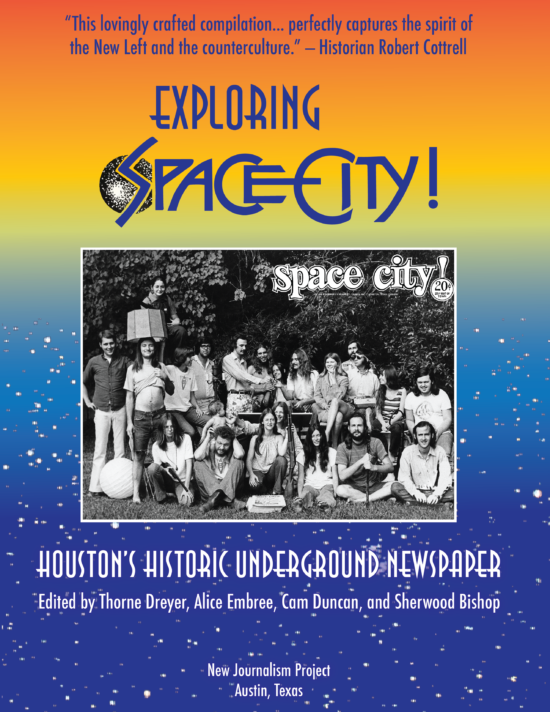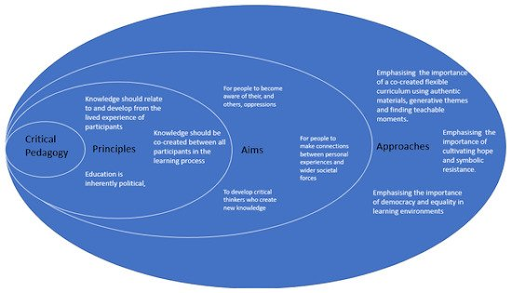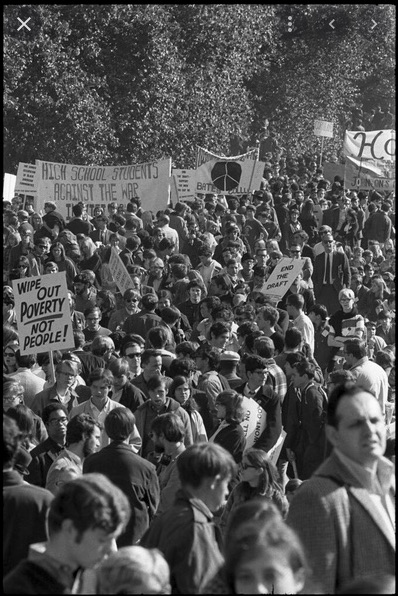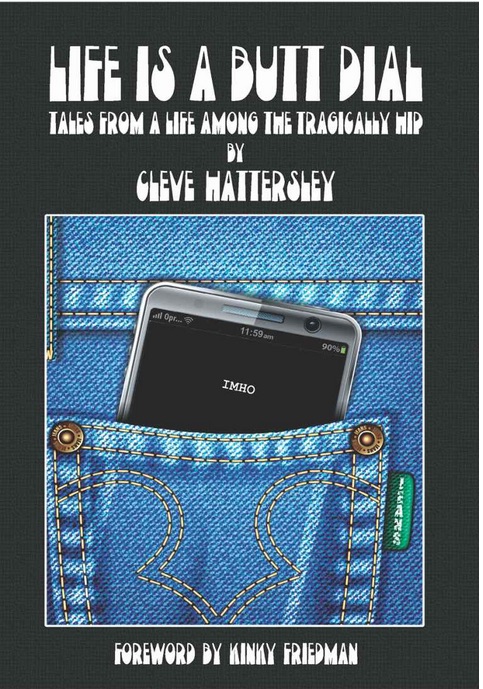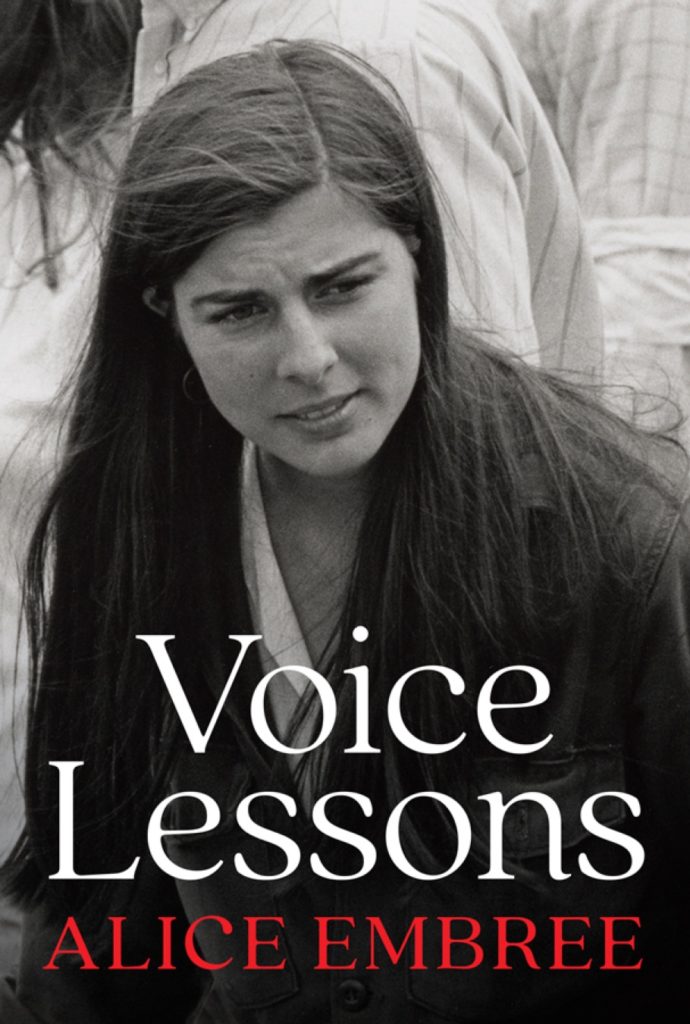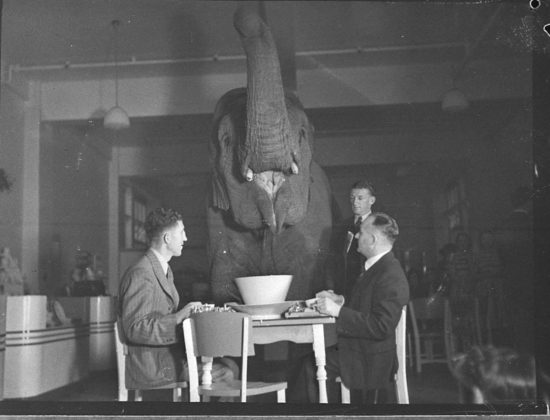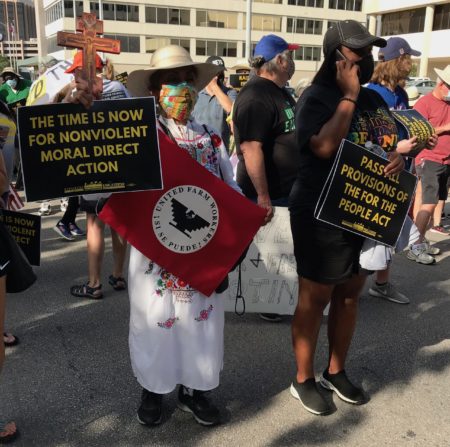The volume is a labor of love that honors Houston’s historic
underground newspaper.
SAN FRANCISCO — Comedian Robin Williams would say, famously, “If you remember the 1960s you really weren’t there” and get barrels of laughter. Of course, Williams might not have originated the quip. Other candidates include Paul Kantner and Grace Slick of the Jefferson Airplane and Starship, Paul Krassner of Realist fame, Pete Townshend of the Who, and Timothy Leary who urged followers to “Turn on, Tune in, Drop Out.”
Once upon a time it might have been necessary to keep all the facts about the 1960s in one’s own head. That’s no longer true. You can Google just about everything associated with what historian John McMillan has called “The Long Sixties,” the era that began in 1955 with the birth of the modern civil rights movement, and that lasted until 1975, when the War in Vietnam, once the longest in U.S. history, came to an end with a whimper, not a bang. Then, too, there are now shelves and shelves of reference books about that era. The Long Sixties has long been a cottage industry.
‘Exploring Space City!’ is a companion work to ‘Celebrating The Rag: Austin’s Iconic Underground Newspaper.’
Everything and more that you could possibly want to know about Houston, Texas, including its politics, culture, and economics, is contained in a dazzling and authoritative new book profusely illustrated and titled Exploring Space City! Edited by Thorne Dreyer, Alice Embree, Cam Duncan, and Sherwood Bishop—designed by Carlos Lowry and with dozens of staff members—the volume is a labor of love that honors “Houston’s Historic Underground Newspaper,” to borrow the subtitle.
Continue reading

